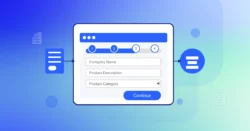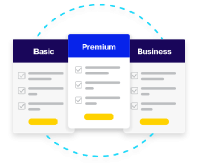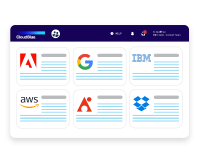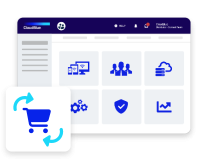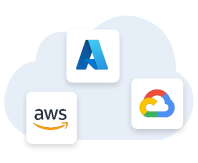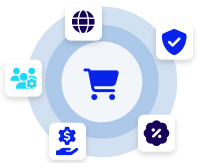Cloud Resource Management (CRM) is the process of organizing and controlling the various cloud-based resources a company uses. These resources can include computing power, storage, networking, and more. The goal of CRM is to ensure these assets are used efficiently, without over or under-provisioning, so businesses can get the best performance while managing costs.
With cloud computing becoming more prevalent, effective resource management has become essential for modern businesses. When done right, CRM helps companies avoid cloud sprawl, where resources become scattered and underutilized. This keeps things streamlined and prevents wasted expenses.
A good CRM system includes automation, which takes the manual labor out of routine tasks like scaling servers, monitoring usage, and applying updates. It allows businesses to:
- Track cloud usage in real-time
- Automatically provision resources based on demand
- Identify underused assets to reduce costs
- Maintain compliance with industry standards
One key benefit of cloud resource management is its ability to ensure scalability. As a company grows, its cloud resources need to grow as well, and CRM tools make this seamless by adjusting resources based on real-time needs. This ensures that businesses aren’t paying for idle infrastructure.
CRM also enhances security. By giving administrators control over access and permissions, it reduces the risk of data breaches and ensures only authorized users have access to specific resources.
Cloud resource management is vital for ensuring businesses use their cloud assets efficiently. It improves cost management, enhances scalability, and strengthens security, all while reducing the complexity of managing a cloud environment.




